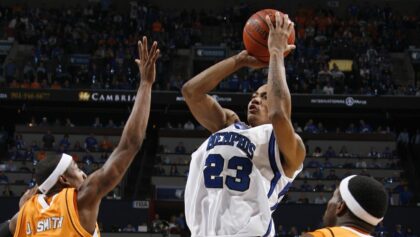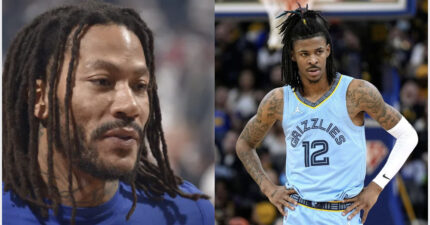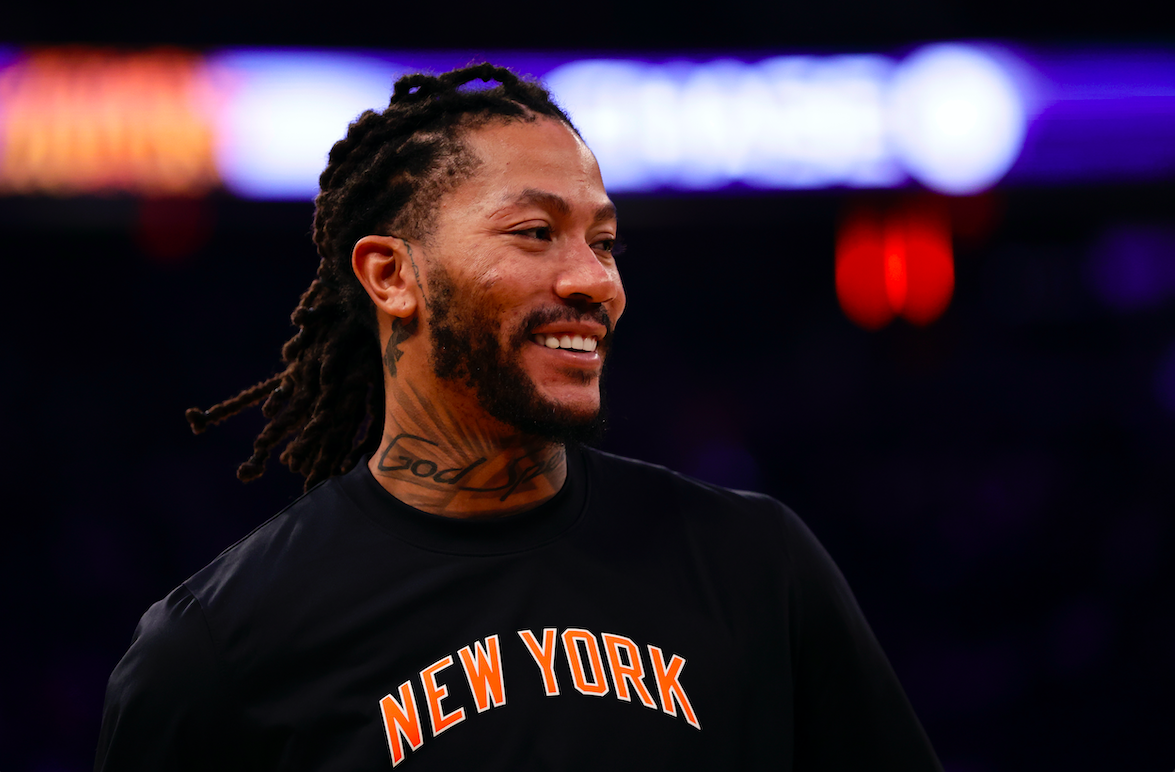With a portfolio of over $125 million in assets, Luol Deng is leading his NBA brethren into real estate.
The other day I came across a headline that read something like ‘Luol Deng, an unlikely real estate mogul” and was immediately taken aback. Like, why is Luol Deng an “unlikely” real estate mogul? Well, first we’ll have look into how he got into real estate.
We know Luol Deng best for being a reliable, steady player for near 15 years in the National Basketball Association. His demeanor, candor, and intelligence have always made him an ideal teammate in a number of environment that could have otherwise had an adverse effect upon him as a player and as a person.
Now, at 34-years-old, Deng’s on-court earnings are around $151 million and will certainly remain that way if nobody is willing to sign him to a veteran’s minimum contract this offseason.
But don’t go breaking out your teeny-weeny violins just yet because Deng is not in need of your symphonic sadness on his watch.
You see, Luol Deng didn’t need to get into marketing, music or Hollywood to make a “fast” hundred million or so off the court. He’s been planning for the endgame since he came into the league back in 2004 and has a real estate portfolio that is worth almost as much money as he earned his entire time in the NBA.
He’s got stakes in hotels, resorts, condos and apartment buildings totaling somewhere around $125 million.
Derrick Rose and Luol Deng have been thick as thieves ever since 2010 when the two were integral pieces to a Chicago Bulls reemergence that seemed almost certain before Rose tore his ACL to shreds in the 2012 NBA playoffs.
These days the two are teaming up to close a deal that
“If you know the market and you are using your leverage and doing the right deals, it is really nonstop with the opportunities,” Deng says.
According to Forbes, Deng appears to be taking advantage of O-zones, an industry term used to describe Opportunity Zones in low-income communities.
They report that there are over 9,000 so-called O-zone areas across the country and are a way for investors to avoid being taxed at a higher rate by simply reinvesting recent gains into the companies that are in low-income areas.
O-zones must have a median house income that is less than 80 percent of that of the surrounding. In addition, Deng and other NBA players are part of Our Opportunity, which is a new O-zone fund seeking to raise $300 million this year.



